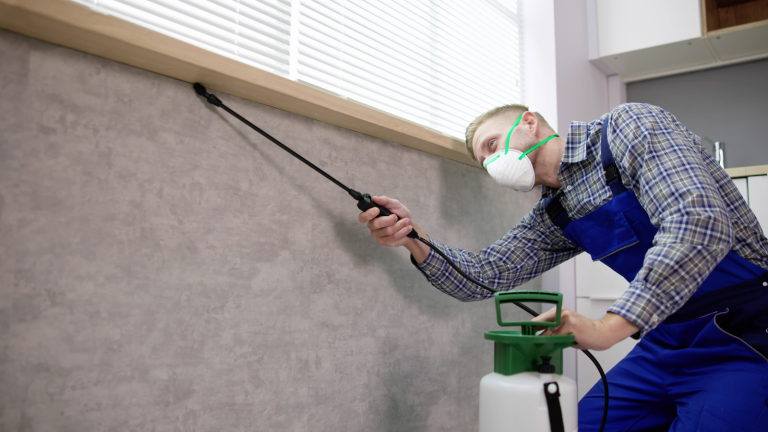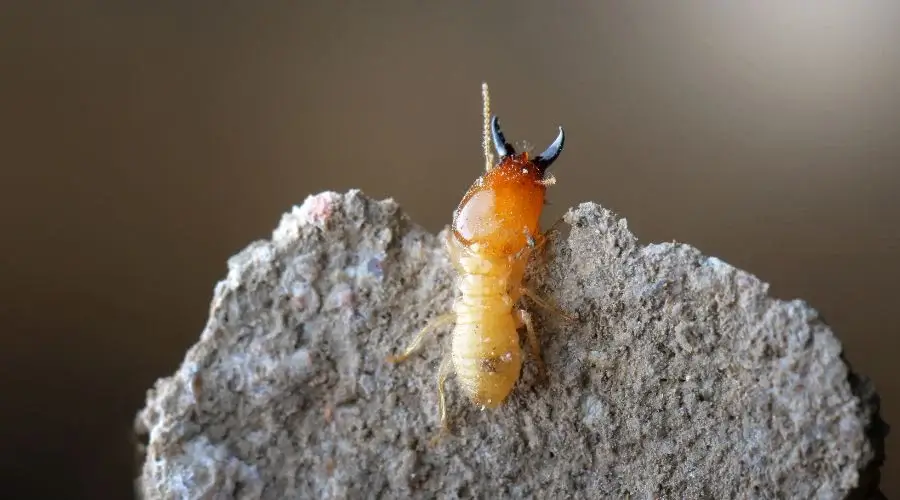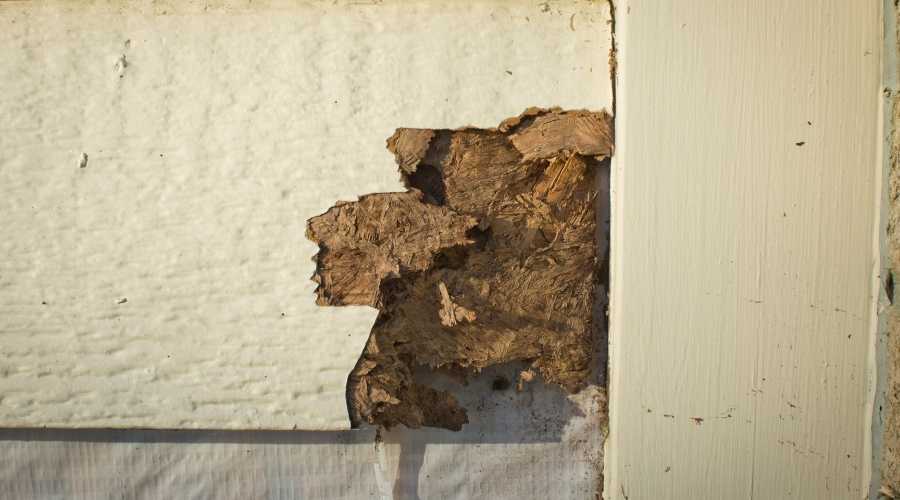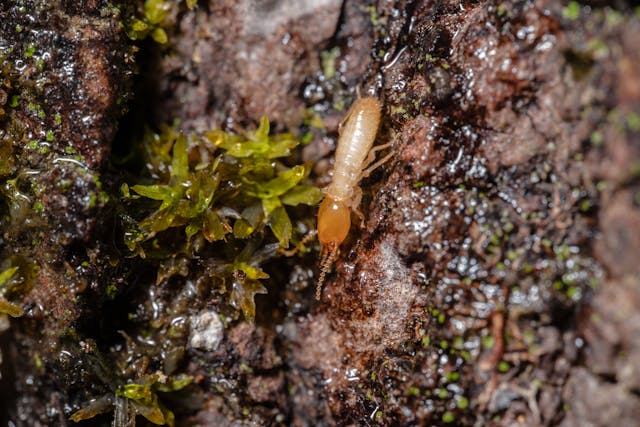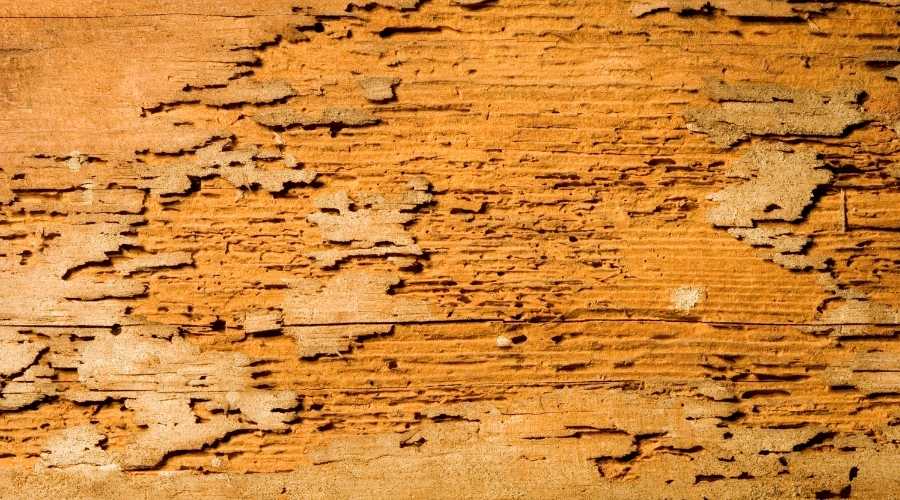Termites, also known as “silent destroyers,” are a big problem for houses and buildings if they’re not stopped. The knowledge of a qualified pest control expert makes it hard for homeowners and businesses. It’s important to know how termites affect money, how much it costs to eliminate them, and why controlling them is crucial. This helps keep property values high and keeps repair costs low. In this blog, we’ll talk about how termites impact money and give helpful tips for finding and fixing termite damage.
Escondido Pest Control has been the leading full-service pest control company for residential and commercial needs in the Escondido area. We specialize in providing top-notch and timely exterminator services. Contact us now!
Why Termites Matter for Money
Termites are important because they help break down dead stuff like wood. But when they start coming into places where people live or work, they cause big money problems. Termite damage costs a lot of money for homeowners, businesses, and insurance companies. So, termites aren’t just a problem for nature; they’re also a big money problem that needs fixing fast.
The Money Problems from Termites
Termites cause a lot of trouble, costing nearly $5 billion yearly just in the United States. This money goes toward fixing things, stopping termites, and trying to keep them away. Unlike other pests, termites can even weaken buildings, which costs a ton to repair. And most regular home insurance doesn’t cover this kind of damage, so people have to pay for it themselves. This affects everyone because insurance costs more, and property values can decrease.
The Importance of Controlling Termites Well
Keeping termites under control is important for protecting your property’s value and avoiding future costs. Regular checks and quick action help stop termite problems from getting worse. Good termite control includes using things like barriers and baits to stop them and acting fast if you find them. Property owners can avoid spending lots of money on big repairs and keep their investments safe by being careful about termite control.
Understanding the Comprehensive Cost of Termite Treatment: Key Considerations
When evaluating termite treatment options, it’s crucial to grasp the multitude of factors that shape the overall expense:
1. Infestation Severity: The degree of infestation directly correlates with the cost. Extensive infestations typically necessitate more extensive and prolonged treatment protocols.
2. Termite Species: Different termite varieties demand distinct treatment methodologies. For example, subterranean termites often require more elaborate treatment strategies than drywood termites.
3. Treatment Techniques: The selected treatment approach—chemical treatments, bait systems, or heat treatments—will impact the cost, with every approach offering a unique combination of benefits and downsides.
4. Property Dimensions and Structure: Due to the expanded treatment area, larger properties or those featuring intricate structures may incur elevated treatment costs.
5. Geographic Factors: Termite prevalence varies across regions, influencing the cost and availability of treatment services.
Guidelines for Spotting and Rectifying Termite Damage
Swift detection of termite damage is pivotal for curtailing repair expenses. Here are some pointers for identifying and addressing termite-related issues:
- Frequent Inspections: Pay attention to your home regularly and ensure it pays close attention to wooden structures and foundations. Keep an eye out for telltale signs like mud tubes, discarded wings, and wood that sounds hollow when tapped.
- Professional Evaluation: If you suspect termite presence, enlist the knowledge of a qualified pest control expert for a thorough assessment and accurate diagnosis.
- Prompt Remediation: Act promptly to rectify any identified termite damage to halt further deterioration. This may entail replacing compromised wood and administering treatment to eradicate lingering termites.
- Proactive Measures: Introduce preventive measures to deter termite activity, such as installing physical barriers, utilizing treated wood, and maintaining optimal drainage around your premises.
- Continuous Vigilance: Maintain regular monitoring and upkeep of your property to ensure the ongoing efficacy of termite control measures and prompt detection of any new infestations.
Conclusion
The economic repercussions of termite activity on property values and maintenance expenditures are profound. Real estate owners can protect their investments and evade substantial costs by grasping the financial impact of termite infestations and the significance of effective control strategies. Consistent inspections, expert treatments, and prompt repairs are fundamental tactics for mitigating the economic strain caused by termites. Through proactive measures and vigilant oversight, you can maintain the integrity and value of your property, shielding it from the detrimental effects of these destructive pests.

